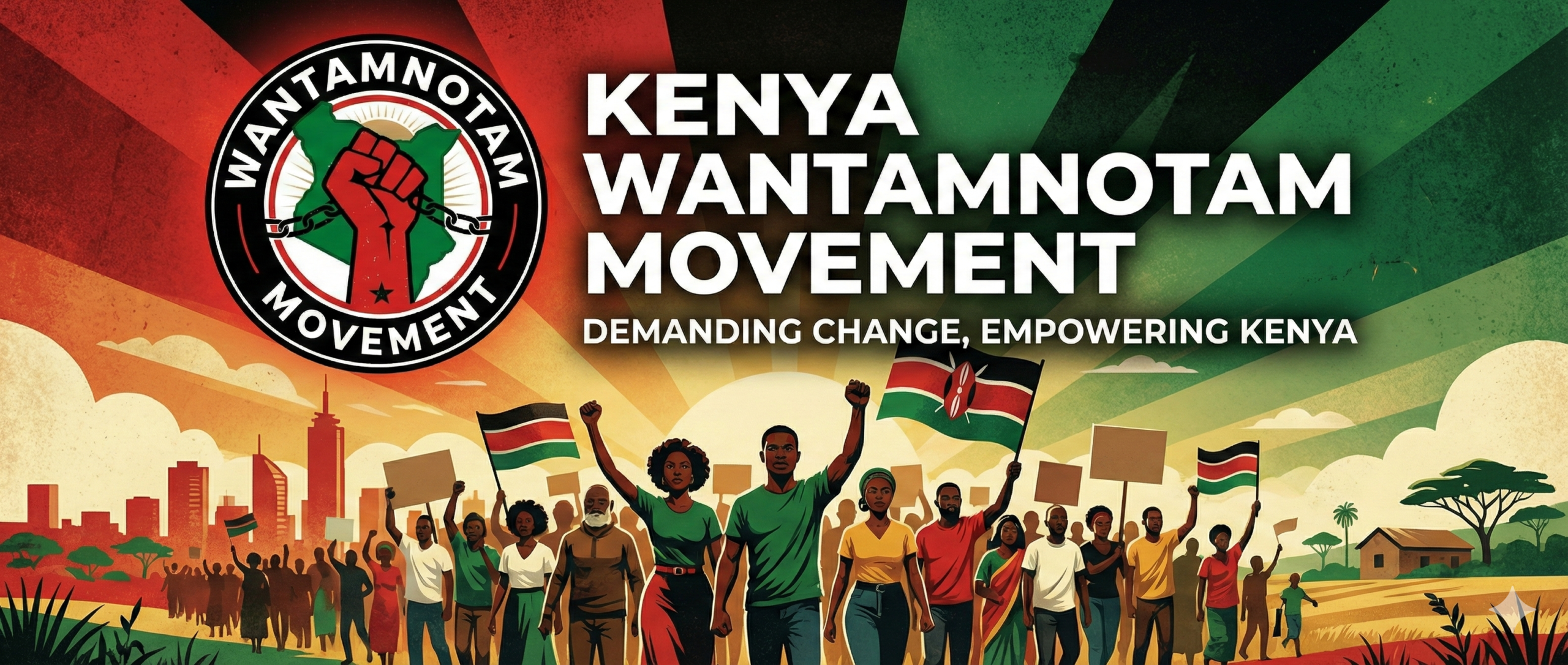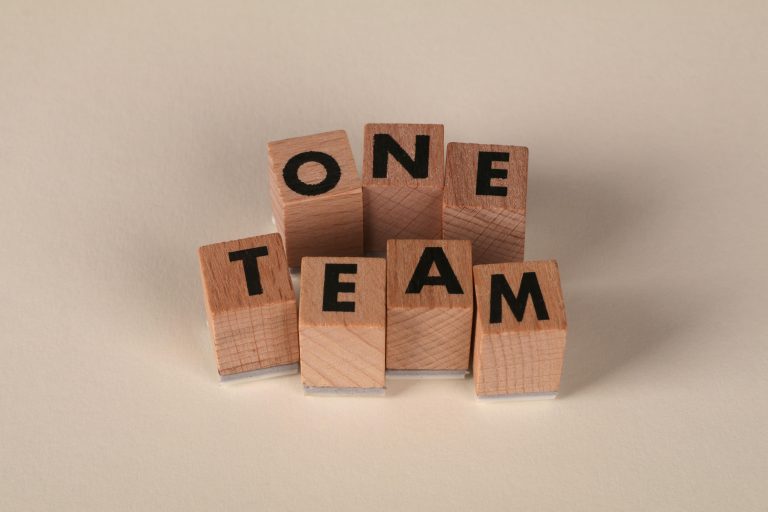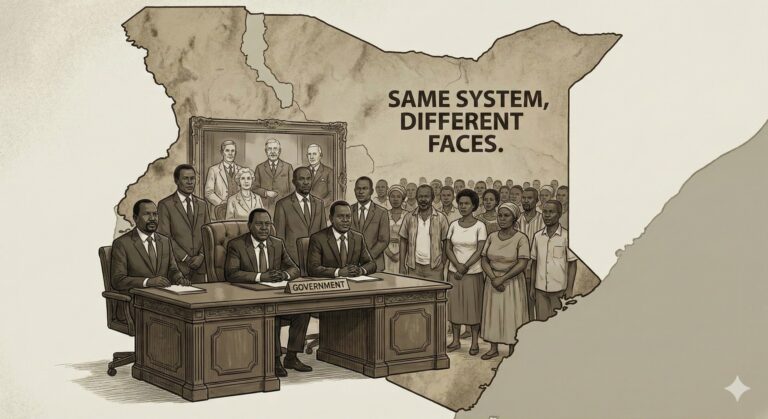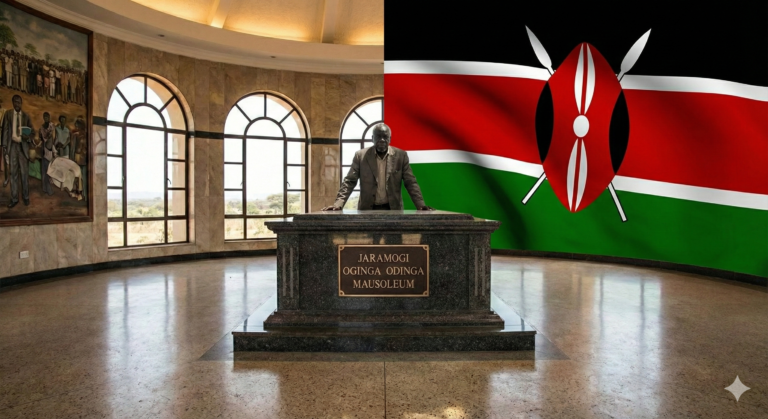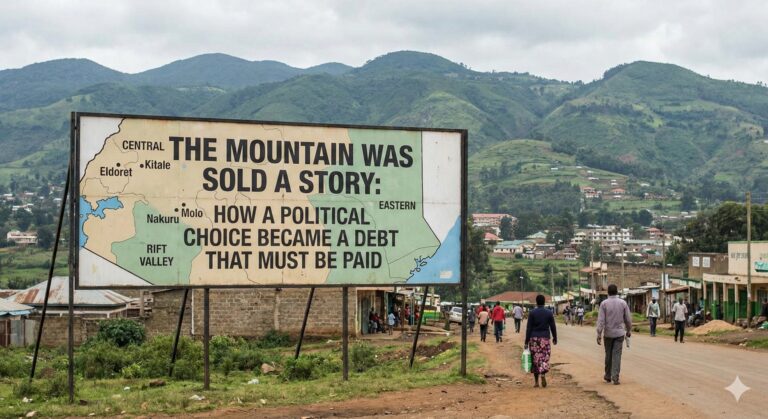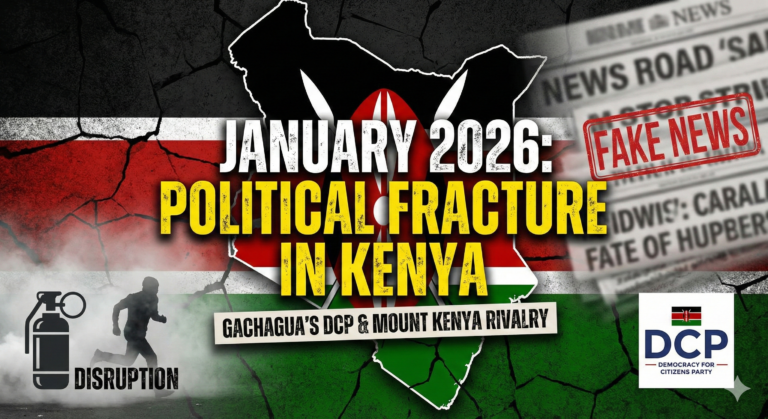
Independence Promised a Reset—Then Power Became the Goal
People didn’t fight in the forest for new chains. They fought for dignity, land, and fairness. Yet, after the British left, the seat of power remained the same. The only difference was the faces in charge, and the dream of freedom was quickly dashed. Betrayal began swiftly, and the promises of independence faded fast.
Land Was the First Lie
British settlers took millions of acres, and after independence, Kenyans expected land redistribution. Instead, the well-connected got titles, while the rest were left with waiting lists—or nothing at all. The “willing buyer, willing seller” scheme was a deception. The poor couldn’t afford to buy, and the rich didn’t need to.
Freedom Fighters Were Dumped—Deals Were Made in Hotels
Those who sacrificed for Kenya’s independence were sidelined. Power was exchanged in air-conditioned rooms, where elites who had never fought for freedom made decisions. Mau Mau veterans ended up destitute while politicians grew rich. It wasn’t accidental—it was by design.
Public Resources Became Private Property
Government buildings, school plots, community land, forests, riverbanks, airports—every public asset became a target for plundering. Leaders didn’t merely misuse resources; they rebranded theft as development. Some citizens cheered, others stayed quiet, but nothing was returned to the people.
The Rise of Political Patronage as a System
Merit didn’t matter. What mattered was proximity to power. Jobs went to loyalists, contracts to cronies, and those left out were told to wait—waiting that turned into decades. Resentment took root, and the system became entrenched.
Silence Became a Strategy: Fear Over Debate
Critics were silenced. Editors were arrested. Entire tribes were warned. Books were banned. People whispered in fear, changing topics mid-sentence. Truth wasn’t just dangerous—it was deadly. A nation grew quiet and stayed poor, sick, and hungry.
Corruption Was Not a Bug—It Was the Design
From the highest offices down to the chiefs, bribery was built into the system. Licenses, tenders, favors, and relief food—all came with a price under the table. Anyone who exposed corruption was silenced. It wasn’t an oversight; it was organized.
The Country Was Divided to Be Controlled
The “divide and rule” strategy didn’t end with the colonists; it was perfected. Political elites used different ethnic groups as tools to consolidate power. One tribe was tasked with handling finances, another with defense, while others were excluded. National unity became nothing more than a slogan, rarely practiced.
The Seeds of Ethnic Favoritism Grew Fast
The public service became tribal, and opportunities were not equal. Qualified individuals were overlooked, and allocations followed ethnic voting patterns. It wasn’t hidden—it was the policy.
Why the Damage Still Haunts Kenya
The damage is visible everywhere. Youth unemployment, slums next to luxury estates, overcrowded schools, and MPs driving expensive cars while citizens suffer. The foundation was cracked from the start, and no amount of patchwork can fix it.
The Cost of Pretending Everything Was Fine
Every time someone invokes the name of Kenya’s founding fathers to silence criticism, a thief smiles. History isn’t about worshiping icons; it’s about accountability. Silence bred impunity, and until the country confronts the wrongs of the past, it will continue to make the same mistakes. New faces, but the same old theft.
Why Criticism Is Not Hatred
Criticizing failures isn’t an act of hate—it’s an act of care. Not all heroes are perfect, and not all founders are saints. Speaking the truth is hard, but silence has cost lives.
How Ordinary Kenyans Can Flip the Script
While we can’t undo the past, we have the power to rewrite the future. Gather your peers, ask tough questions, share ideas, build networks, and challenge corruption. Start small, move quickly. Don’t wait for Parliament. Begin in your community.
Wantamnotam Is a Tool—Not a Spectator Sport
Wantamnotam is a platform for action, not for clout or noise. Post ideas, form alliances, challenge outdated thinking. Visit www.wantamnotam.com, and say something real. Kenya won’t fix itself; someone has to lead the change. Why not you?
If the Start Was Wrong, Fix the Now
The actions of Kenya’s founding leaders caused long-term damage, but pretending otherwise solves nothing. The future is still open, still unwritten. It’s time to stop recycling broken systems and start building new ones—together, loudly, without fear.
Join Wantamnotam today. Speak up. Connect. Build. www.wantamnotam.com
No abuse. No insults. Just action.
CLICK HERE:Listen To WANTAMNOTAM PODCAST AND TAKE ACTION
